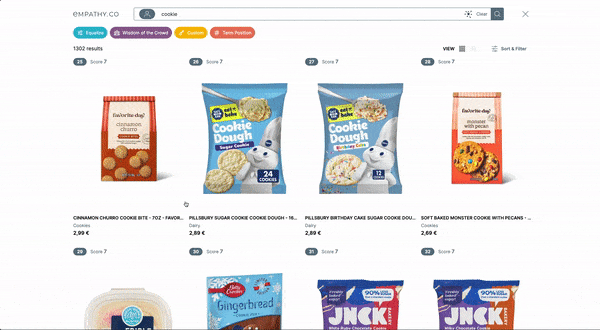How to really protect privacy while creating a personalised shopping experience
How to really protect privacy while creating a personalised shopping experience
Miscommunications happen all the time, all over the world, no matter what language you speak or who you’re speaking to. But when it comes to protecting consumer privacy and personal data, let’s be clear – there should be:
- No miscommunication.
- No need for consent.
- No need to anonymise.
ALL PERSONALISATION IS NOT CREATED EQUAL
Personalised and Ethically Personalised are two different things. Think about it this way, all squares are rectangles, but not all rectangles are squares. Just because something is personalised doesn’t mean it is ethically personalised.

At Empathy.co, In-Session Contextualisation is the key to creating an intuitive, seamless experience while guaranteeing shoppers’ privacy. Much like would occur in a physical store, In-Session Contextualisation learns from the customer as they explore the online store in a particular shopping trip. Similar term or complementary term recommendations are made based on previously-learned shopping patterns related to the current session, along the same lines of recommending certain products to a shopper that is looking at physical items similar to someone prior to them.
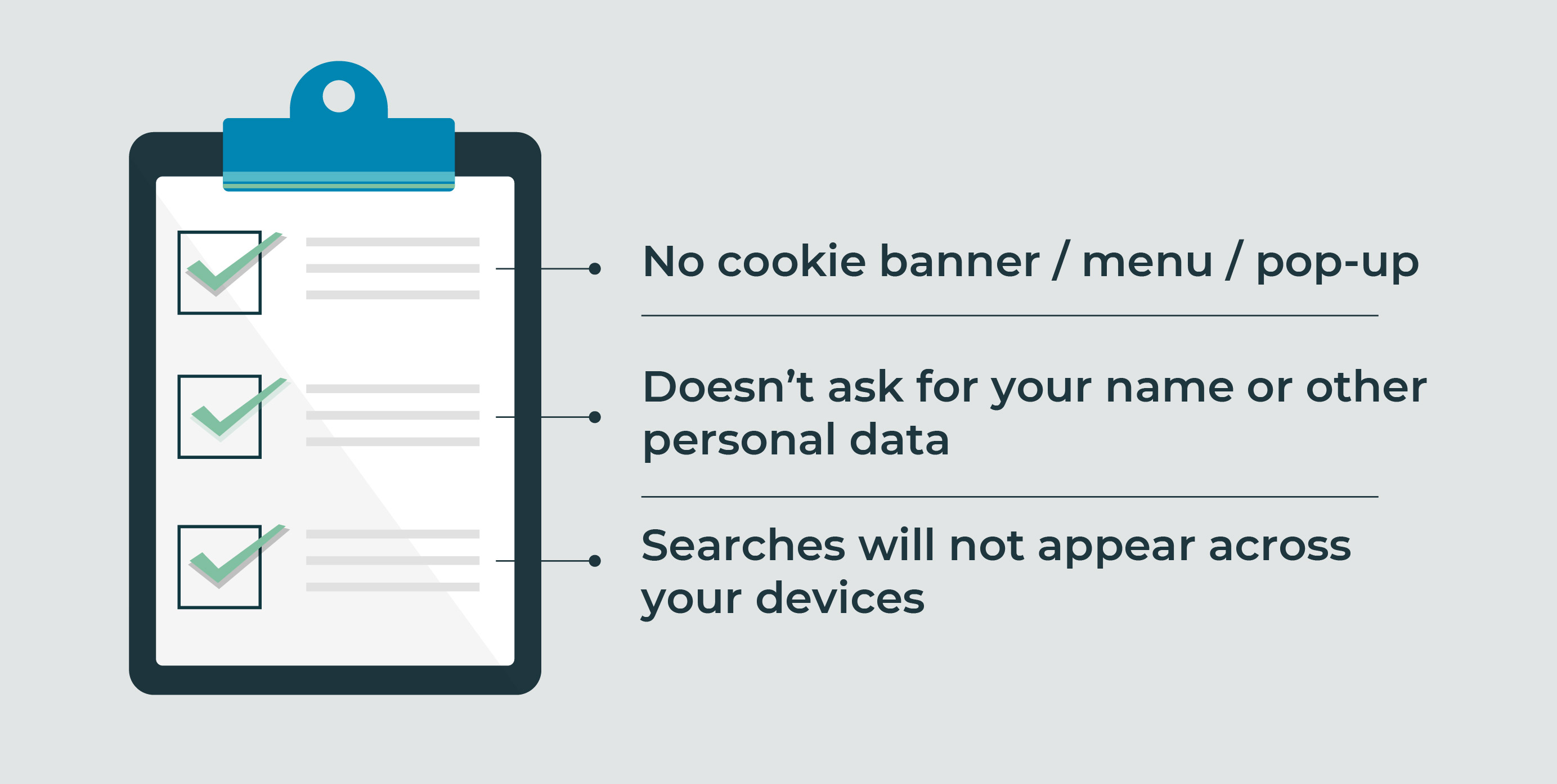
However, in this case, the circumstances include store instance, language, timestamp, search term, click, and add-to-cart. Customers receive ethically personalised recommendations crafted from previous shoppers’ sessions, and their one-time session ID that lasts for the duration of their shopping trip is then converted to wisdom of the crowd data, continuing the cycle.
ANONYMISE BY DEFAULT
Anonymised data should be a given, not a bonus. There are many ways to identify shoppers that do not infringe on their rights by utilising their personal data, i.e., session, device, user ID, etc.
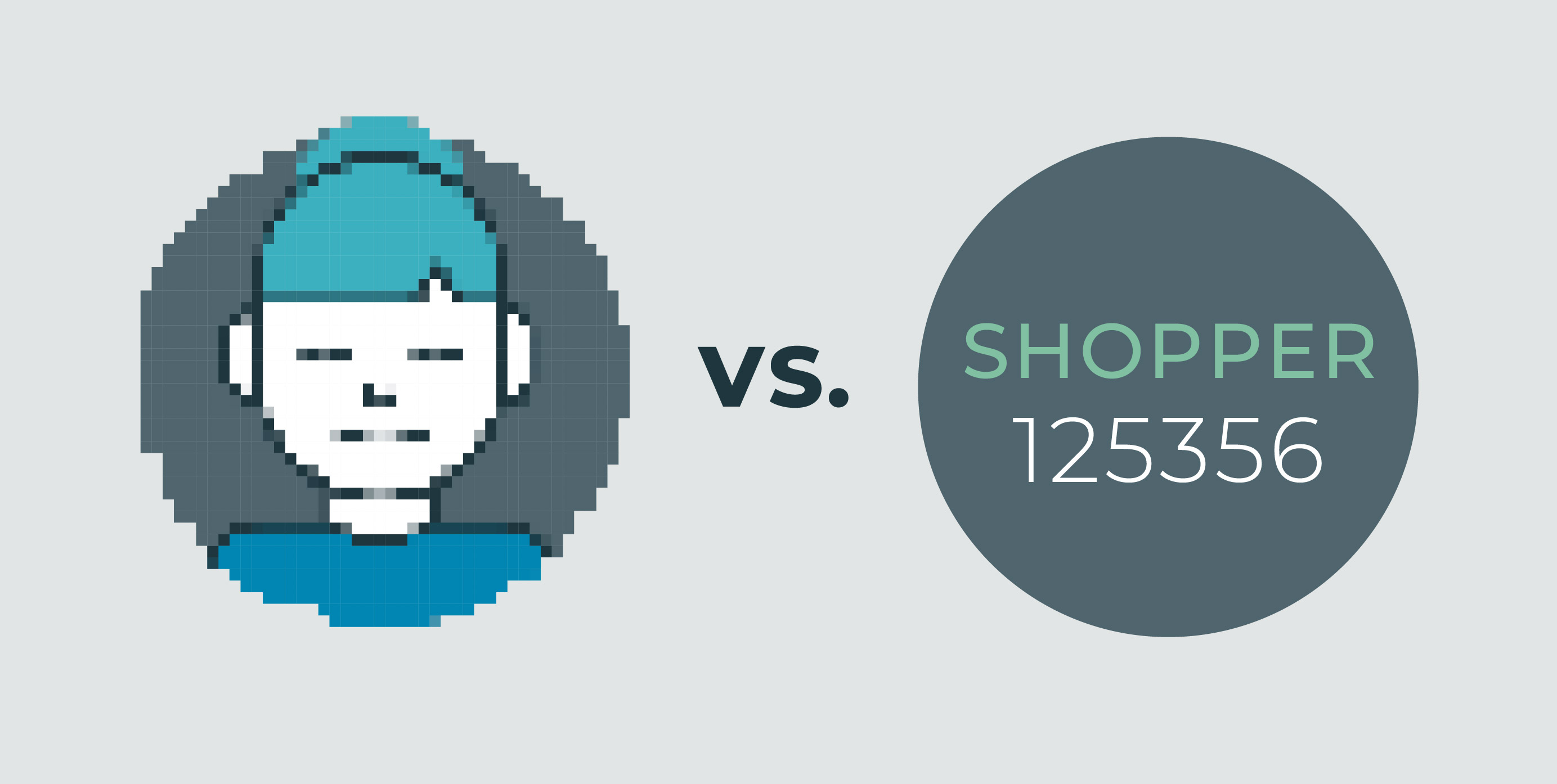
With Session-Based Findability in Empathy Platform, brands are able to measure search success while protecting shoppers’ privacy. As a result, merchandisers and analysts can determine which products they may want to recommend, thanks to always-anonymised click and add-to-cart data.
Anonymity does not mean lack of visibility. The Explain tool demonstrates exactly that, by offering insight into product scoring, positioning and what shoppers are looking for. Merchants and Analysts have the opportunity to delve into why results appear the way they do, as well as to curate their brand offering using the Empathy Platform Playboard.
SEND CONSENT PACKING
Ask for consent? Sure, you could do that. But wouldn’t it be better if you didn’t have to? Sell your products and your brand image, not your shoppers’ personal data.
Understand the top-clicked products, and use that information to make relevant suggestions based on searches by other shoppers while maintaining privacy at all times. Learn more about Privacy Enhancing Technologies and how they can add value to your business while making sure your brand meets customers’ expectations.

PRIVACY TO INCREASE PROFIT
When it comes to the digital world, there should not be any use of personal or private data. None of it is correct to collect. Zip. Zero. Nada. Prioritising digital trust can boost revenue and EBIT growth rates by 10% or more. Protecting privacy drives profit, instead of diminishing it. The more confident and comfortable your shoppers are with your store and the technology you use, the more likely they are to return time and time again.
Empathy.co’s Retail Trust Index found that 70% of shoppers in the UK believe cookies and trackers are intrusive, and 50% said they actively change their shopping habits to avoid them. Ensuring their privacy is a surefire way to gain loyalty and encourage them to shop with you again.

Using the open-source X Components library, which contains over 150 composable components, it is easy and straightforward to customise your store’s interface and create a privacy-first shopping experience for your customers.
The My History Component, for example, puts your shoppers in complete control of their data. This innovative feature allows consumers to activate their history, delete specific queries, or disable the feature entirely. It is completely up to them, and their history never leaves their device. The transparency provided by My History is key, as it ensures that the customer is always the data owner, and they are the one who decides if and for how long their data is stored. Building digital trust with your shoppers by putting them in control of their information sets the stage for a strong brand relationship and repeat customers that confide in your store.
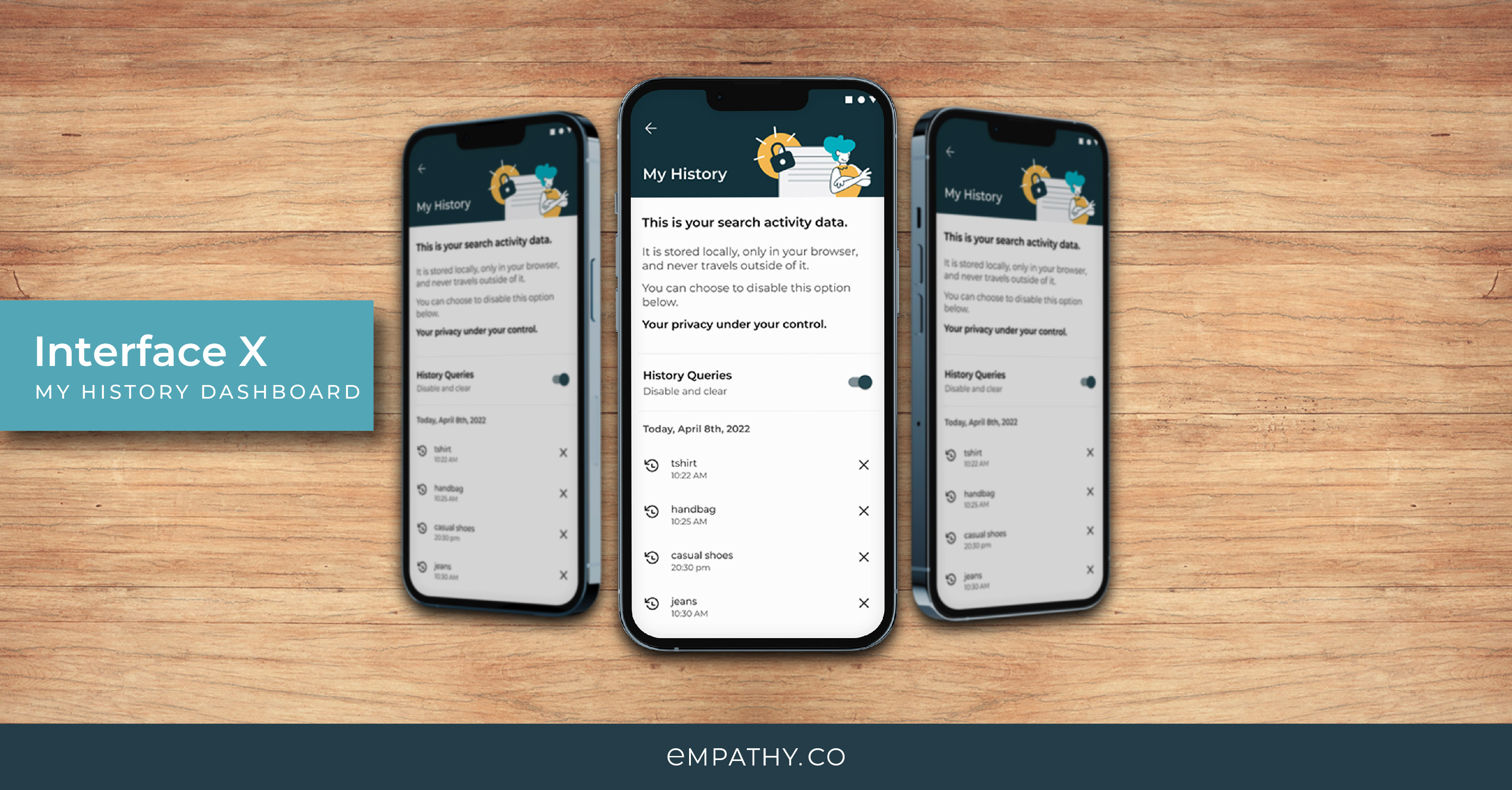
To further brand loyalty, you can employ Brand-Specific Recommendations to inspire shoppers with pre-selected recommendations. Whether it is during the pre-search phase, a no-results scenario or within the predictive layer, Brand-Specific Recommendations make it simple to recommend products while maintaining shoppers’ privacy and monetising the offering, all using the same tool.
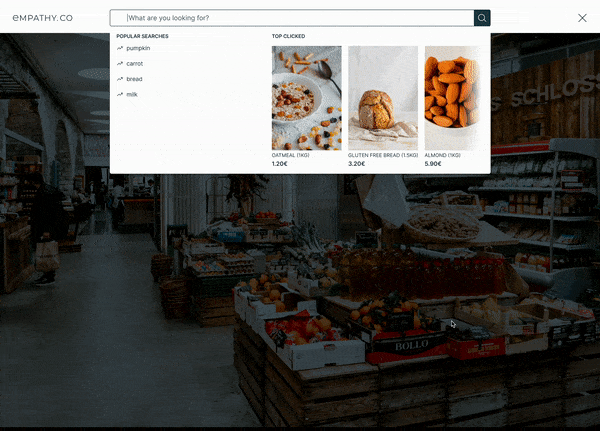
OPT FOR EMPATHY
Change your approach, to communicate clearly with your shoppers by cultivating a lasting relationship based on digital trust. Empathy Platform is the ethical way to personalise, because it never collects any type of personal or private data from your customers, meaning there is no need to anonymise, never uses invasive methods to create recommendations and never shares personal information with third parties (because it doesn’t collect any!).
No need to ask for consent, since Empathy Platform never acquires any information that would require consent. It also removes the need to provide options, when it comes to personal data. Give your shoppers options in your store – colours, styles, sizes, related products, recommended sets – not an option about whether or not to compromise their privacy.
Empathy Platform is private by design. That’s why there’s:
- No need for consent.
- No need to anonymise.
- No need to worry.
More, Privacy. More, Human. Empathy Platform









